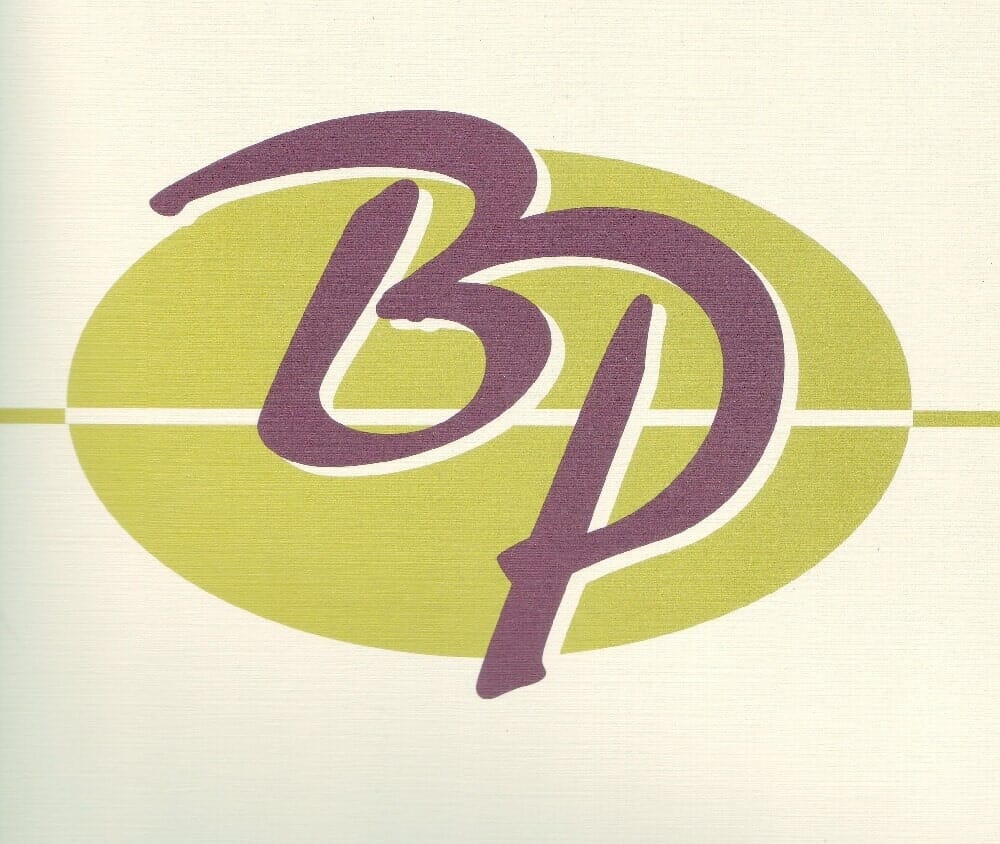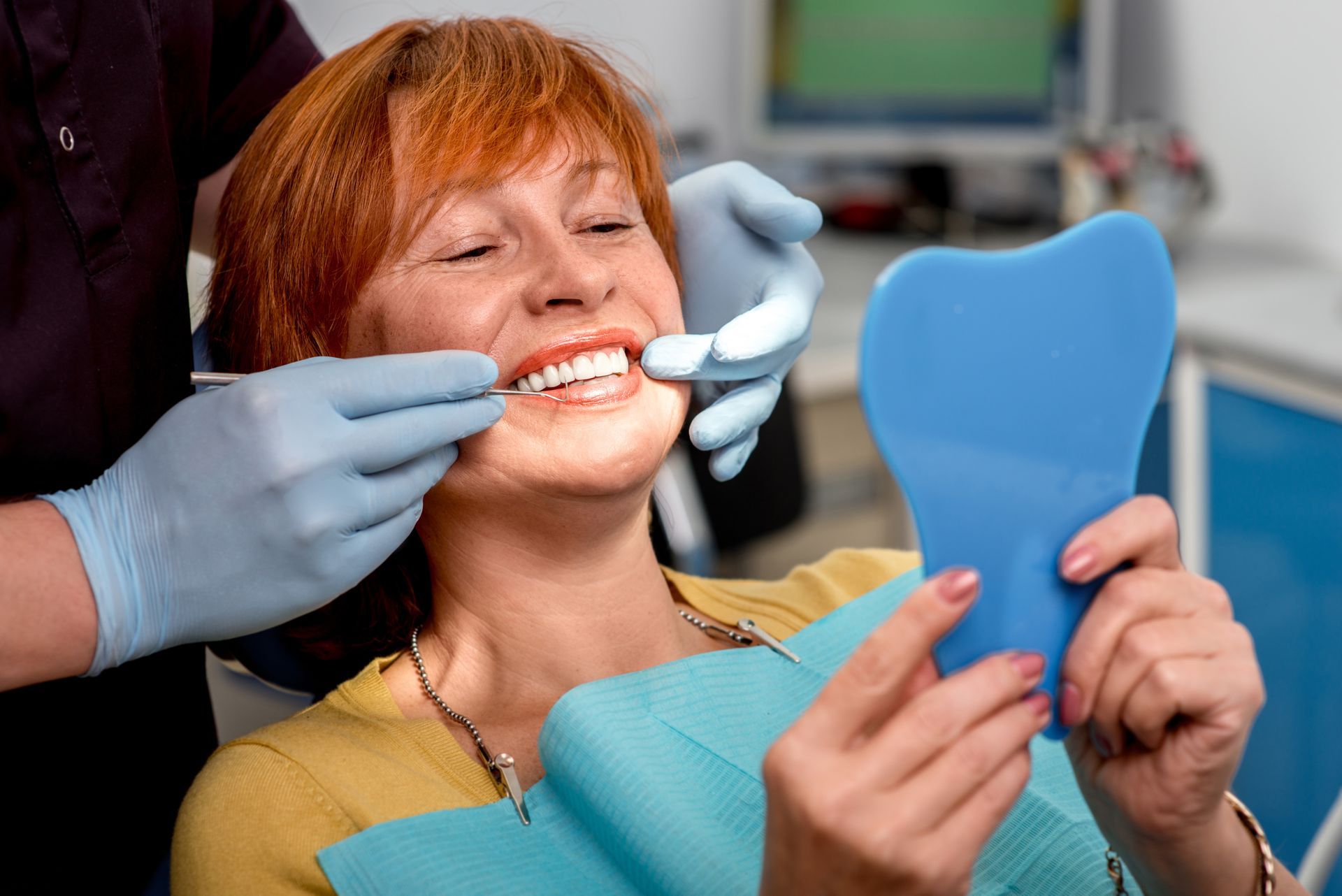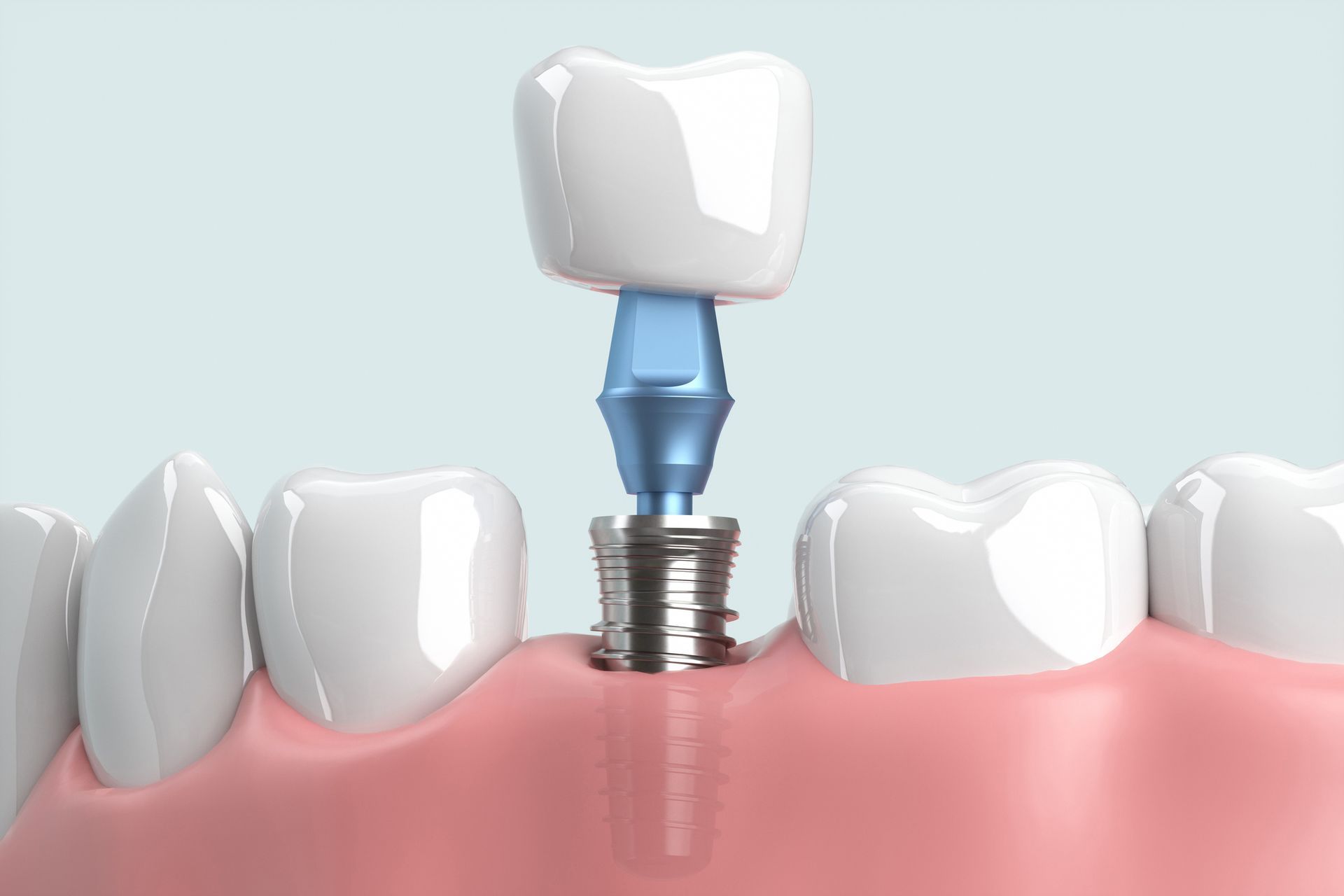Tartar Buildup and Oral Health: What You Need To Know
- By Admin
- •
- 07 Sep, 2022

Dental tartar, also known as calculus, is a calcified deposit of material that sits on the teeth and gums. Tartar is the result of plaque that remains on the teeth for a long period of time and hardens. As tartar builds on the teeth and gums, flossing and brushing effectively becomes less productive and can ultimately lead to tooth decay and gum disease.
Tartar cannot be removed by brushing and flossing alone. A dental professional must remove the tartar. Read on to discover some things you should know about dental tartar and how to ensure your teeth and gums remain healthy.
What Causes Dental Tartar Buildup?
The cause of dental tartar is untreated plaque. Plaque develops on the teeth every day, even if you brush and floss regularly. When you eat or drink, the sugars in your mouth combine with natural bacteria. This combination results in plaque buildup. Plaque causes acids that damage tooth enamel and tooth decay and can inflame the gum tissue.
When plaque is not removed from the teeth on a regular basis, the plaque will get hard and turn into tartar. Tartar is a porous material that can only be removed with dental tools. If left on the teeth, the gums will begin to recede and develop disease.
How Do Dental Professionals Remove Tartar?
Tartar hardens and bonds tightly to the tooth enamel. To remove the tartar, a dental professional uses several methods to remove the buildup. The method or methods the professional uses will depend on the severity of the tartar buildup.
For milder cases of buildup, the dental hygienist removes all the plaque and tartar on your teeth with a dental scaler, a small metal tool that scrapes the tartar from the teeth. If the tartar buildup is denser, the hygienist or dentist uses an ultrasonic instrument in addition to manual tools to remove the tartar.
When you have gum disease, serious gum recession, or open pockets between your teeth, you may also need to have root planing. Root planing is a deep cleaning of the gums and teeth.
Anesthesia is necessary for this procedure. Planing removes tartar in the crevices between the gums, within the gum line, and into the pockets. This method cleans the roots of the teeth where tartar can build up and potentially reshape the teeth. If your teeth have begun to detach from the gums, this procedure will help the gums begin to reattach to the teeth and heal.
How Can You Prevent Tartar Buildup?
To prevent tartar buildup, avoid eating foods that are high in sugar, such as candy, bread, and sodas. You should also drink water regularly to keep your mouth hydrated. If you smoke or chew tobacco, consider quitting to keep your mouth healthy.
Brush and floss your teeth twice a day to remove daily plaque buildup. Consider investing in an electric toothbrush to clean your teeth more effectively each time you brush. Your dentist may suggest using fluoride toothpaste to help strengthen your teeth.
In addition, see your dentist regularly for checkups, and have any dental issues addressed right away. All of these preventative measures can help keep your teeth as clean as possible and less likely to develop tartar.
Your teeth and gum health are crucial to prevent tooth loss and gum disease. If you notice excessive tartar buildup or any buildup you cannot remove yourself, make an appointment with your dentist. If you need assistance with any of your dental concerns, please contact Bradley Piotrowski, DDS, MSD, LLC. We are happy to consult with you and develop a plan to get your teeth and gums back to optimal health.













